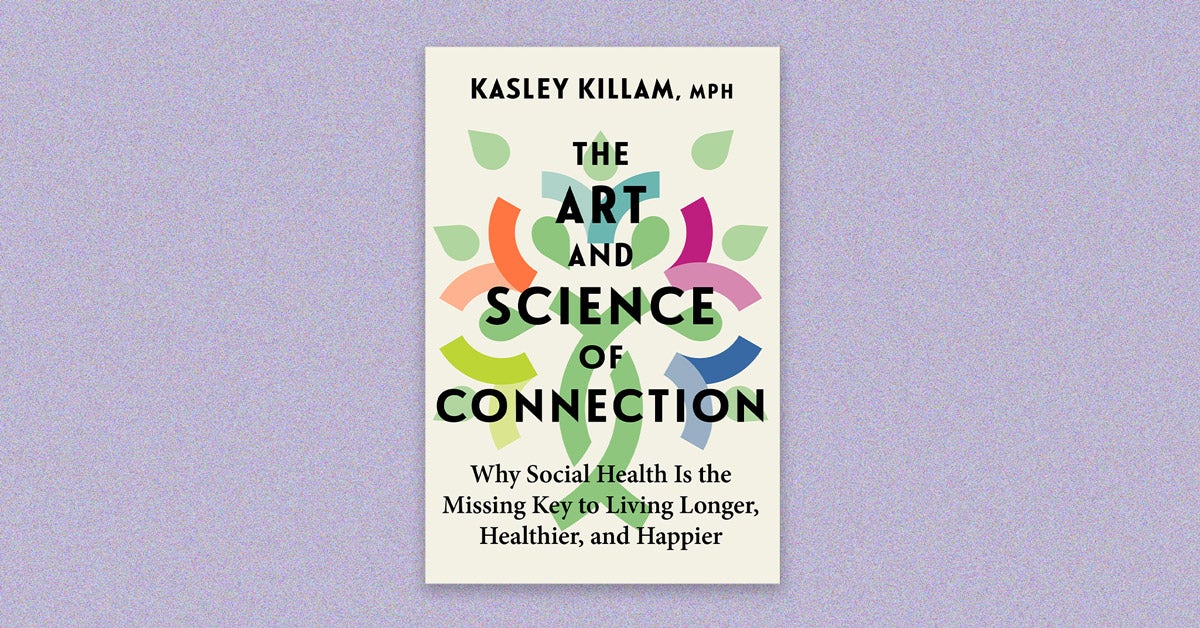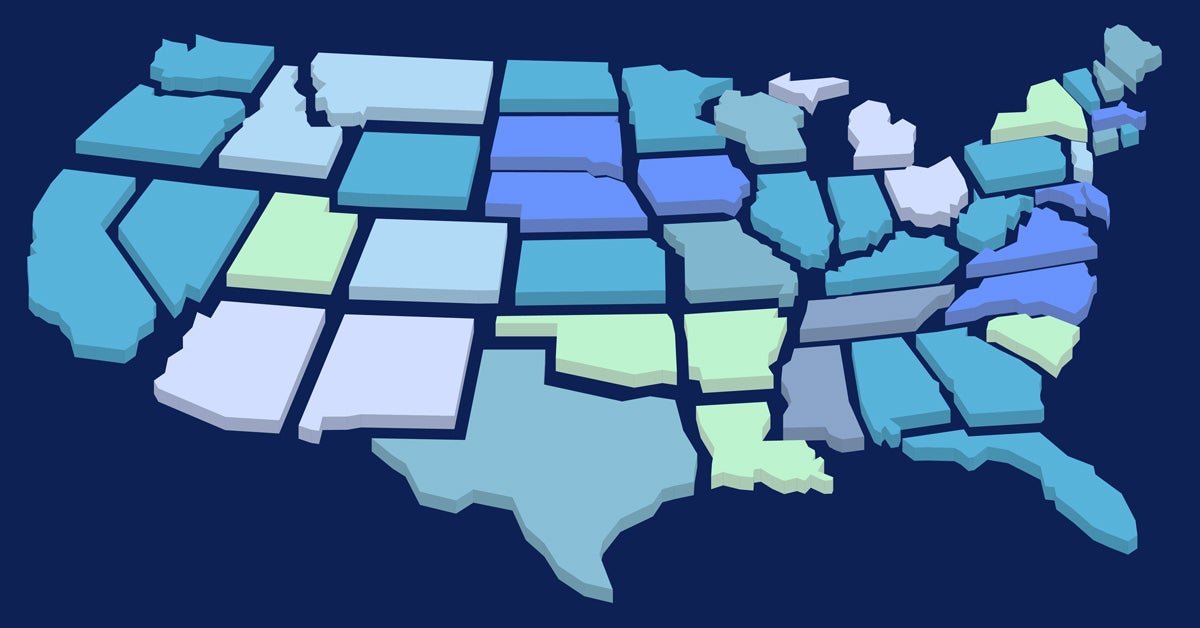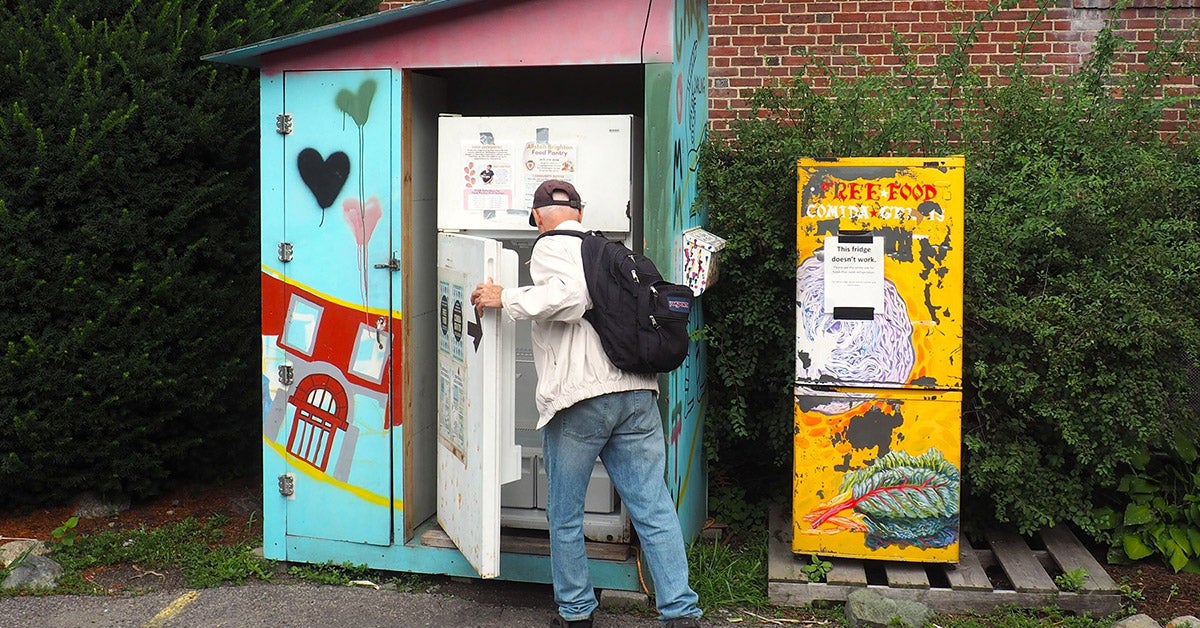Newsletter
HPH Weekly: How healthy are your social muscles?
This edition of Harvard Public Health Weekly was sent to our subscribers on September 6, 2024. If you don’t already receive the newsletter, subscribe here. To see more past newsletters, visit our archives.
How to strengthen your social muscles

Loneliness isn’t just a social or mental health problem—it’s a physical one, too. It’s “a very stressful experience . . . that can make us more susceptible to illness and disease,” Kasley Killam, author of The Art and Science of Connection, tells HPH senior editor Amy Roeder. Thankfully, there are many ways to buffer our bodies against these challenges.
Killam’s work utilizes a quiz that helps people understand their “social health styles.” We’d love to know what styles our readers have—take the quiz and then take our poll to let us know!
How, and when, federalism is good for public health

The division of power between national and state governments created challenges during the U.S. COVID-19 response. But that doesn’t mean federalism is bad for public health, argue States of Health authors Leslie P. Francis and John G. Francis. In fact, the experimentation and efficiency federalism allows are foundational to some of our biggest public health successes.
Community fridges are helping neighbors nourish one another

The Emancipator’s Alex LaSalvia opens the door to the cool world of the community fridge—“a mutual aid project that brings neighbors together to find local solutions to the dual problems of food waste and food insecurity.” It was particularly nice to see a mention of the fridge in Boston’s Allston-Brighton neighborhood, which your newsletter author used to call home.
Snapshot: A blood test to predict fatty liver
Researchers found that a blood test can identify patients with an increased buildup of fat in the liver, which can cause health problems.
What we’re reading this week
Here’s how much cropland could be freed up if Americans ate half as much meat →
Grist
These middlemen say they keep drug prices low. California lawmakers don’t buy it. →
CalMatters
Building better births for Minnesota moms →
MinnPost
Nudge theory is making inroads in health care, with mixed results →
Undark
What mental health care protections exist in your state? →
ProPublica
